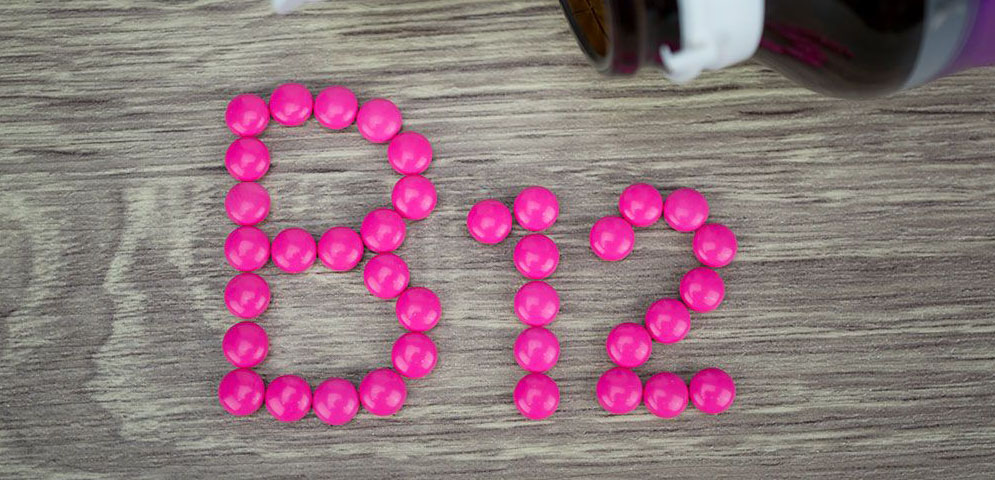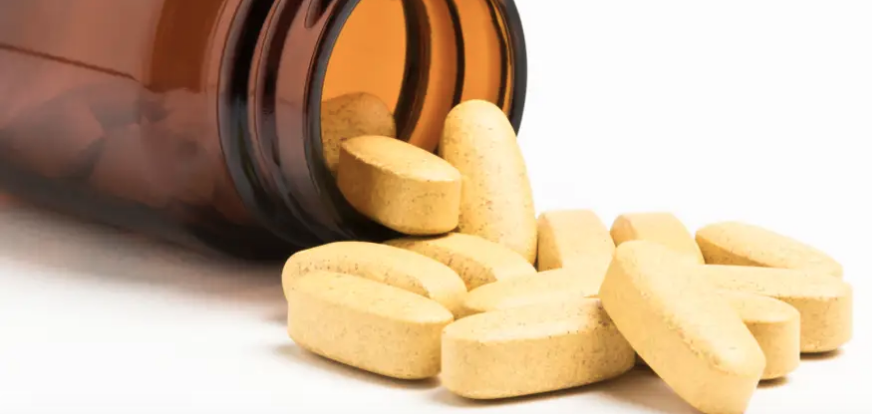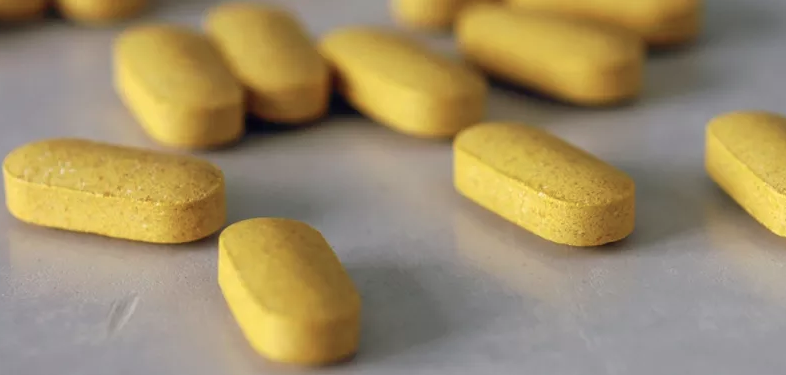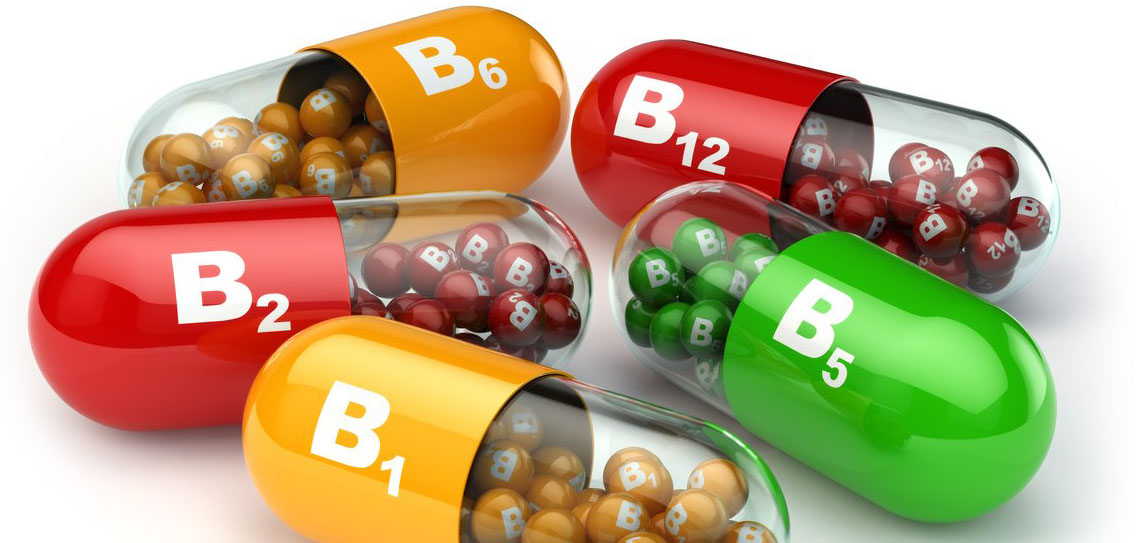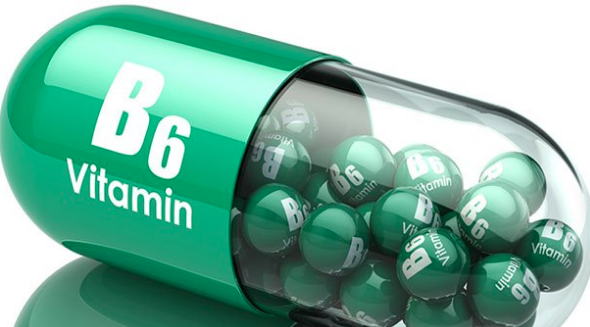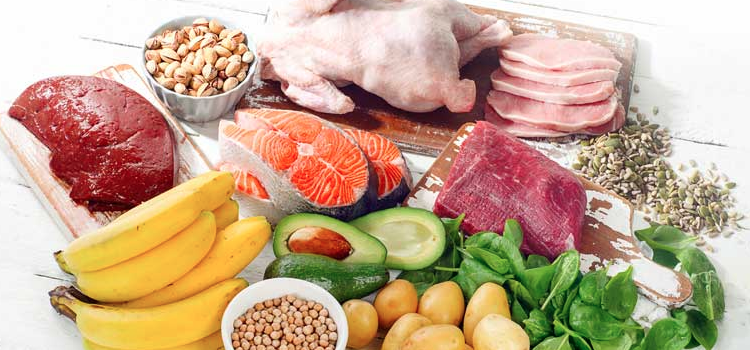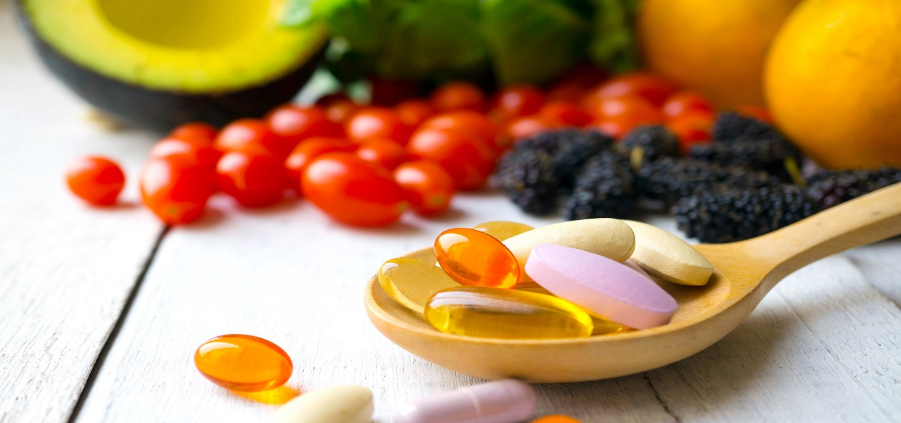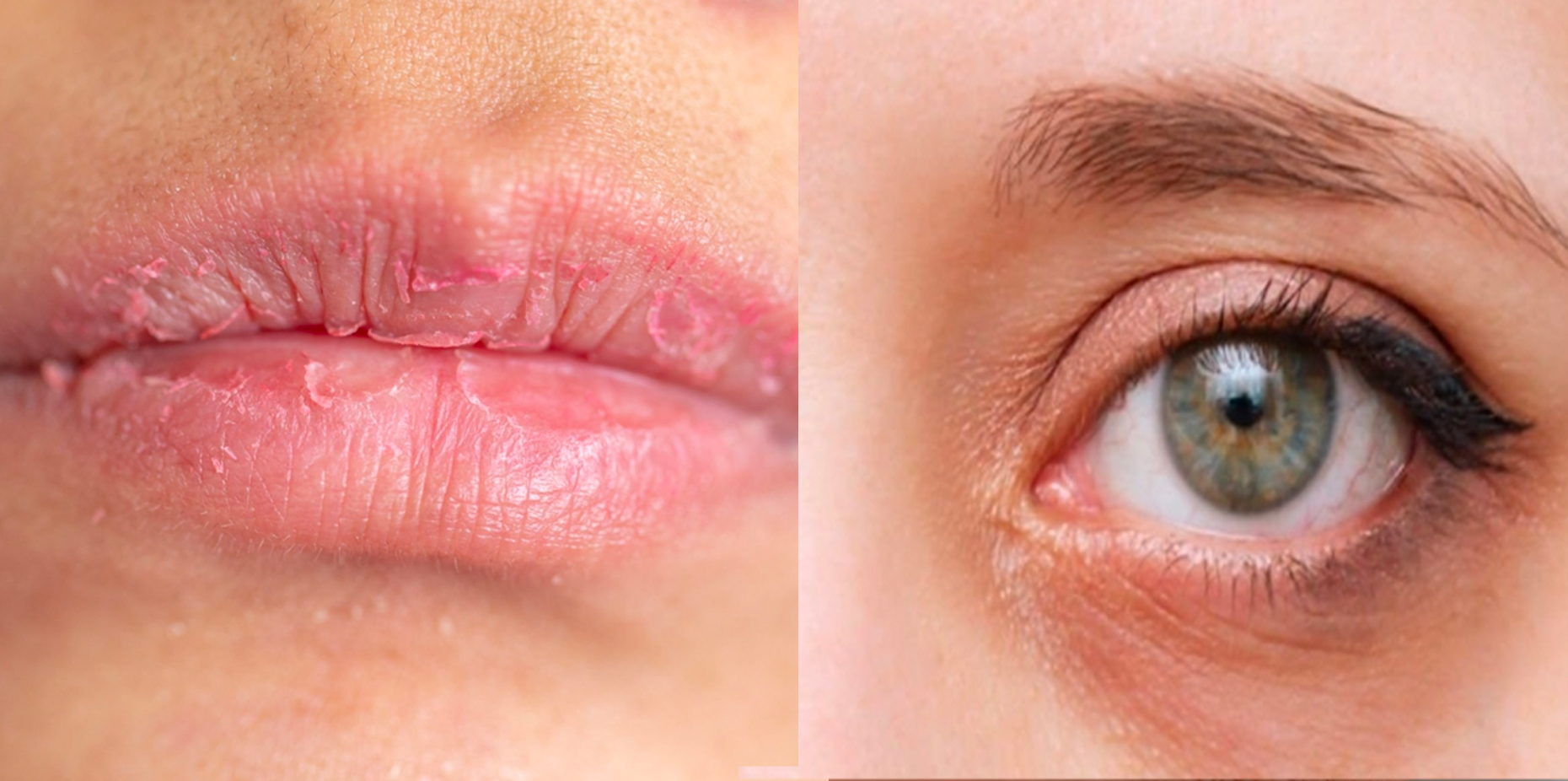Vitamin B12, also known as cobalamin, is one of the eight essential B vitamins that humans require for red blood cell formation, energy production, and much more (1), (2). It is a water-soluble vitamin, which means it can easily pass through the system and the urinary tract (3).
All eight essential B vitamins are water-soluble as well (3). Everyone needs ample amounts of vitamin B12 through their diet to help with cognitive functioning, energy, and nervous system regulation (4), (5).
It is extremely rare to get too much vitamin B12 because it is water-soluble. Vitamin B12 gets absorbed through the small intestines, so many conditions can affect absorption rates. Some of these conditions include Crohn’s disease, Celiac disease, Pernicious anemia, Grave’s disease, a parasite, or bacterial overgrowth in the small intestine (1), (4), (5), (6).
Because vitamin B12 is water-soluble and excess intakes of B12 are easily removed from the body, toxicity or overdose is extremely rare. According to the Institute of Medicine, “no adverse effects have been associated with excess vitamin B12 intake from food and supplements in healthy individuals” (7).
It is difficult to get too much vitamin B12 from food alone. That is partly because while there are many sources of vitamin B12, they mainly come from animal-based foods. But there are some vegetarian and vegan foods with B12 as well. These include some mushrooms, fortified cereals, and fortified nutritional yeast (8).
Without factoring in a diet, some people are low or insufficient in vitamin B12, and they may benefit from a supplement. Vitamin B12 has a complex absorption process, and that can put certain people at risk for deficiency (1), (4). One is that many people have the MTHFR gene mutation that requires they get more B12 (10).
Learn more about how much vitamin B12 is too much, more symptoms of toxicity, possible interactions, and exactly how much you should be taking below.
Summary: Vitamin B12 is a water-soluble vitamin responsible for cellular formation, nerve functioning, and energy production. Since it is water soluble and can be easily removed from the body, toxicity or overdose is rare. Vitamin B12 has a complex absorption process, and is often a vitamin many are deficient in, especially those who follow vegan or vegetarian diets.
Table of Contents
How much Vitamin B12 is too much?
Although vitamin B12 is a water-soluble vitamin, the body can store it for years, unlike many other water-soluble vitamins (11).
But how much B12 is too much?
The exact recommended intakes of vitamin B12 vary per person. The recommended daily intakes of vitamin B12 for adults male and female is 2.4 mcg per day although pregnant and lactating women have higher needs (4), (7). Many people can get this amount from food alone, while others may need it from supplementation.
Taking vitamin B12 is generally safe for many, even at higher doses (4), (12), (13). It is safe in higher doses because the body absorbs what it needs, and the rest is removed through the urinary tract (7).
Are you unsure how much vitamin B12 to take or get through your diet? Speak to a healthcare professional. Your doctor can help you figure out what your B12 levels are and the correct dosage for your specific needs.
Although rare, find out more about the possible symptoms of vitamin B12 overdose now so you are aware of what can happen with too much.
Summary: The recommended daily intake of vitamin B12 varies based on age and gender. For adult males and females, 2.4 mcg per day is recommended. Taking a supplement is generally safe because it is a water-soluble vitamin. Speak with a doctor if you think you may be deficient and need a supplement dosage.
Symptoms and Side effects of too much Vitamin B12
It is possible to get too much vitamin B12 because it can store in the body, but it is extremely rare. It is very rare to get too much vitamin B12 from your dietary intake and even supplements alone.
It is worth noting that in the rare cases of vitamin B12 that have been described, these have been largely from high dosage vitamin B12 injections, not through oral supplements or diet intake.
Reported symptoms of taking too much vitamin B12 include:
- Acne (14)
- Skin Rashes or rosachea (15)
These symptoms were reported in a case study. One woman with pernicious anemia or vitamin B12 was treated with 1 mg of vitamin B12 injections until she received 12 mg. She then developed acne, insomnia, anxiety, red skin, and more (14). However, there were improvements after stopping the vitamin injections.
In one study, researchers found that high doses of vitamin B12 in people with diabetes may increase risk for reduced kidney function, heart attacks and strokes (16). More research is needed to fully understand this effect of vitamin B12.
Summary: It is very rare to overdose on vitamin B12 with diet and supplements alone. In the rare cases of overdose, acne and skin rashes are common side effects of taking too much vitamin B12.
Interactions with Vitamin B12
Taking certain medications or supplements, especially over a long period, can easily affect your vitamin B12 levels, causing faster depletion. Some medications may affect the way you absorb and digest many nutrients, like vitamin B12.
If you take any of the following medications, ask your doctor to check your levels and see if a supplement is the right choice for you.
Possible interactions with vitamin B12 may include:
- Metformin (diabetes medicine) (17), (18)
- H2 blockers (used to treat excess stomach acid or heartburn) (19), (20)
- Proton pump inhibitors (commonly used to treat excess stomach acid or heartburn) (21), (22)
- Colchicine (anti-inflammatory)
- Folic acid supplements – high doses of folate supplements can mask the symptoms of vitamin B12 deficiency (4), (7).
If you take any of these drugs or supplements regularly, your doctor may recommend checking your vitamin B12 level and possibly taking a vitamin B12 supplement. Some of these interactions are commonly prescribed drugs or over the counter therapies. Speak to your healthcare professional about any concerns you may have.
Summary: Medications such as metformin, H2 blockers, proton pump inhibitors, colchicine, or folic acid supplements can interrupt absorption of vitamin B12. Talk to your doctor if you take any of these medications to discuss the possibility of a vitamin B12 supplement.
How much vitamin B12 should I take?
Vitamin B12 is a necessary vitamin that everyone needs to consume either through food or supplements, ideally through food. Your healthcare professional can help you figure out if you are getting enough B12 from food or if it is time for a supplement.
You can get vitamin B12 from a wide range of foods, especially if you are not vegan or vegetarian. Foods like chicken, fish, beef, eggs, cheese, liver, and more include high amounts of vitamin B12 (4). Vegans can get B12 from nutritional yeast, some mushrooms, and fortified foods like cereal (8).
The daily recommended dosage of vitamin B12 is 0.4 mcg for infants to 6 months, 0.5 mcg from 7 months to 1 year, 0.9 mcg from 1 to 3 years old, 1.2 mcg from ages 4-8, 1.8 mcg from ages 9-13, and 2.4 mcg for ages 14 and up. Pregnant women require 2.6 mcg, and lactating women need 2.8 mcg (4), (7).
While these numbers are the basis for how much vitamin B12 you should get in a day, keep in mind that everyone will vary depending on their existing and pre-existing health conditions (23). If you take any medications like the ones listed above, you may require much more vitamin B12 in a day, for example.
Summary: Many foods are high in vitamin B12, including chicken, fish, beef, eggs, cheese, liver, nutritional yeast, mushrooms, and fortified cereals. It is most prevalent in animal foods, so vegans and vegetarians should be aware of their vitamin B12 intake, and may need to take a supplement. Recommended daily dosage of vitamin B12 varies based on age and gender.
Conclusion
Vitamin B12 is a vital water-soluble vitamin that all humans require cellular formation, nerve functioning, and energy production.
It is rare to take in too much vitamin B12 through food or supplements, but there are very rare cases where it can occur. Ask your doctor if you have any concerns about vitamin B12.
If you take certain medications or supplements often, it can affect the absorption rate of vitamin B12. Vitamin B12 toxicity is uncommon, and taking vitamin B12 is safe, even at higher doses.





